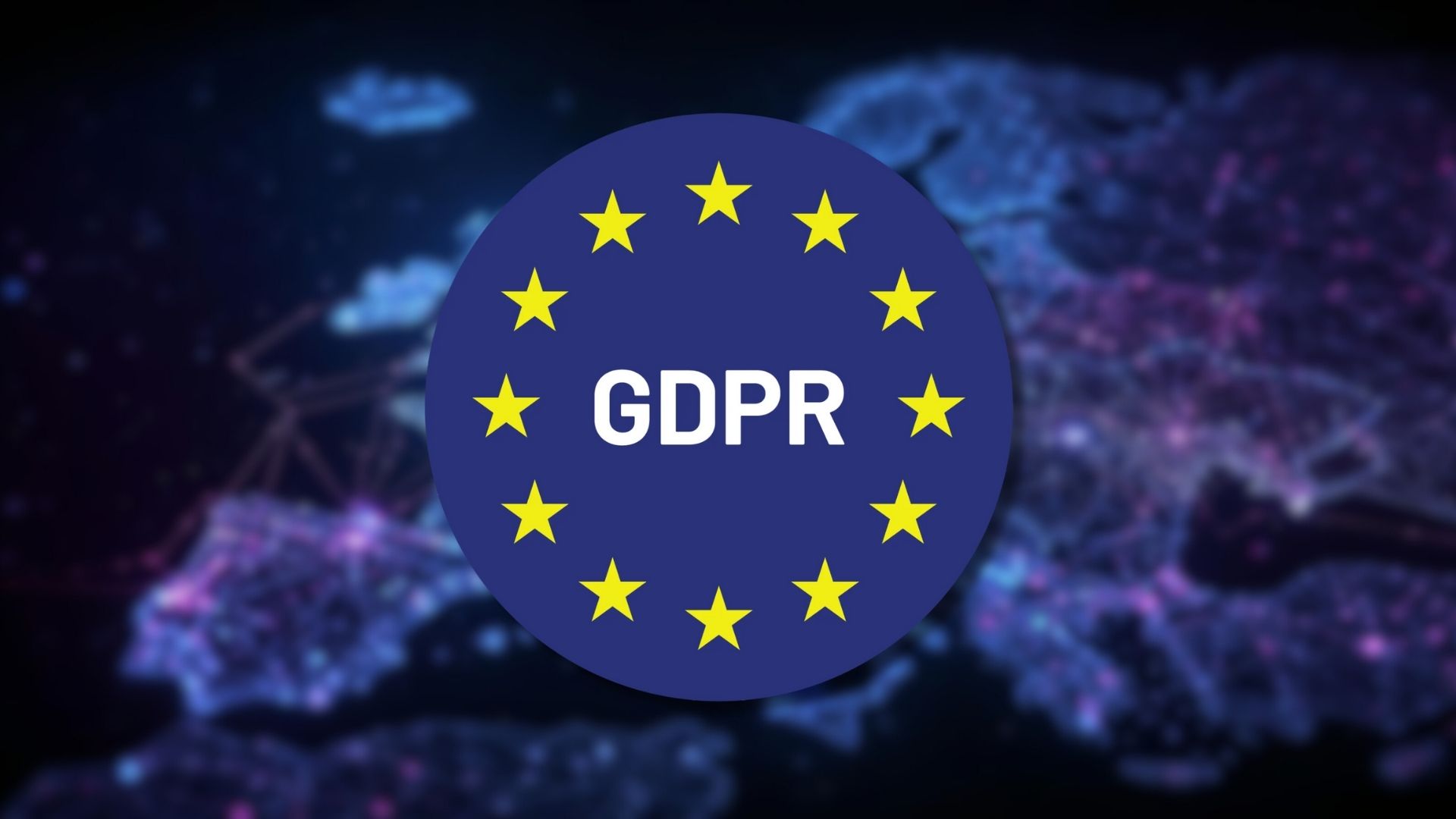A court in China has ruled that AI developers are not automatically liable for hallucinations produced by their systems. The decision was issued by the Hangzhou Internet Court in eastern China and sets an early legal precedent.
Judges found that AI-generated content should be treated as a service rather than a product in such cases. In China, users must therefore prove developer fault and show concrete harm caused by the erroneous output.
The case involved a user in China who relied on AI-generated information about a university campus that did not exist. The court ruled no damages were owed, citing a lack of demonstrable harm and no authorisation for the AI to make binding promises.
The Hangzhou Internet Court warned that strict liability could hinder innovation in China’s AI sector. Legal experts say the ruling clarifies expectations for developers while reinforcing the need for user warnings about AI limitations.
Would you like to learn more about AI, tech and digital diplomacy? If so, ask our Diplo chatbot!










